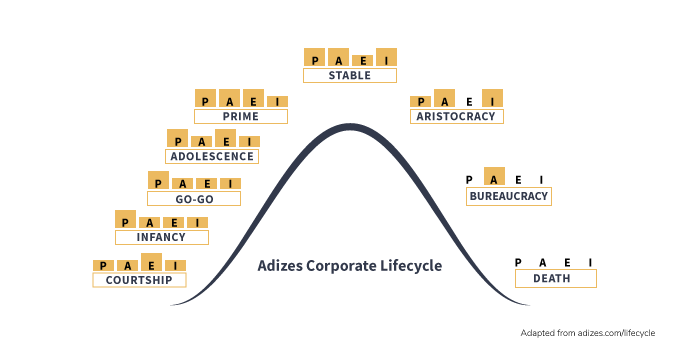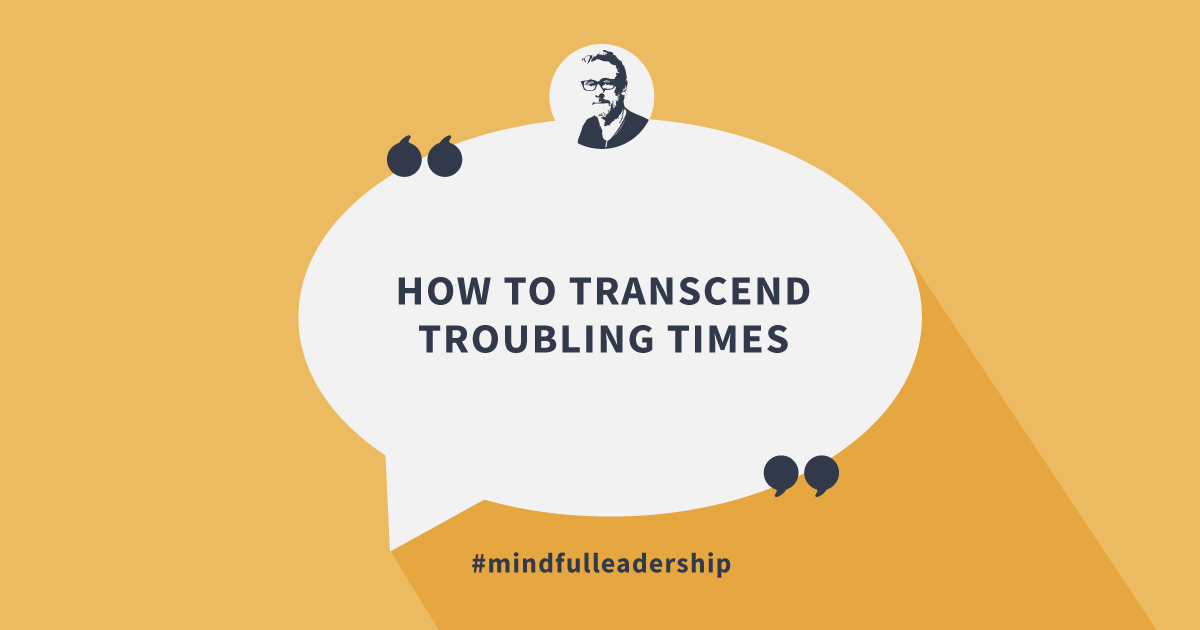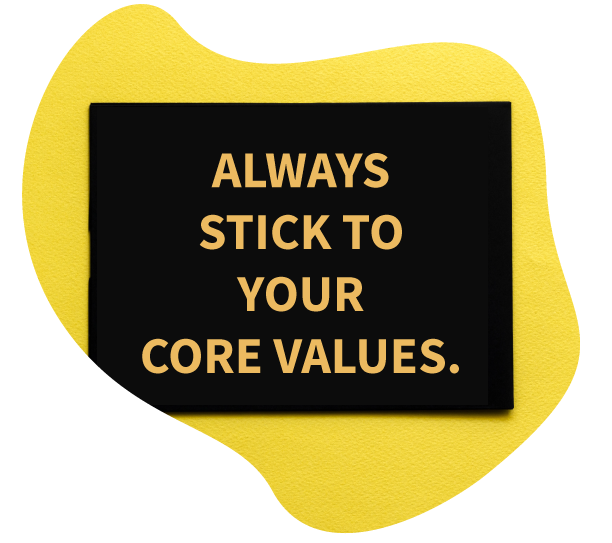Today, as we celebrate World Gratitude Day, I reflect upon this experience and the need to celebrate a pivotal component of engagement and satisfaction in both our professional and personal lives: gratitude. The practice of expressing thanks is not merely a moral good but also a catalyst for positive change in the workplace. This concept finds an intimate alignment with my book, “The Affinity Principle,” which underscores the significance of positive interactions and mutual respect in driving organizational success.

“The Affinity Principle” demonstrates how positive affirmations and mutual respect can form the cornerstone of any successful enterprise. In essence, I argue that the collective energy of an organization is a direct by-product of the relationships and interactions within it. When th
ese interactions are grounded in empathy, respect, and yes, gratitude, you end up cultivating an environment where people are more engaged, committed, and productive.
Gratitude acts as a multiplier in this equation. It’s not just about saying “thank you” or giving a pat on the back. These simple acts make team members feel valued and respected, creating a loop of positive reinforcement. When team members feel acknowledged, they are more likely to engage deeply in their work, show commitment to team objectives, and contribute actively to the collective goals.
For leaders aiming to bolster engagement, the key takeaway is straightforward yet profound: Pay attention. Recognize the contributions, however small, of each team member. An environment where simple acknowledgments are routine becomes fertile ground for positive growth. By regularly expressing gratitude, leaders can unlock an exponential increase in team engagement, reinforcing “The Affinity Principle’s” core tenets.
Moreover, such positive reinforcement doesn’t just build better teams but better individuals. When we feel recognized and valued, we are more likely to develop a sense of belonging and job satisfaction, reduce stress and improve overall well-being.
In order to expand these powerful aspects of “The Affinity Principle,” we have developed an AI platform, AFFINITY OS, to help facilitate feedback from members and team members. Of course companies will also receive negative feedback on occasion, but this opportunity to recognize good things happening within companies increases retention and referrals exponentially.
 So on this World Gratitude Day, let’s reflect on the power of gratitude not just as an individual virtue but as a collective force. Infuse your leadership style with the Affinity Principle, embracing gratitude as a daily practice. By making this small but profound shift, you stand to gain not just a more engaged team but a more fulfilling and productive work environment for all.
So on this World Gratitude Day, let’s reflect on the power of gratitude not just as an individual virtue but as a collective force. Infuse your leadership style with the Affinity Principle, embracing gratitude as a daily practice. By making this small but profound shift, you stand to gain not just a more engaged team but a more fulfilling and productive work environment for all.
Remember, the road to a more engaged and successful organization can be as simple as saying “Thank you.”
If you want more information on AFFINITY OS for your company, please reach out!




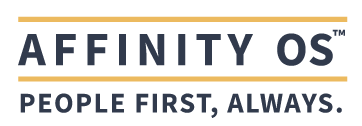
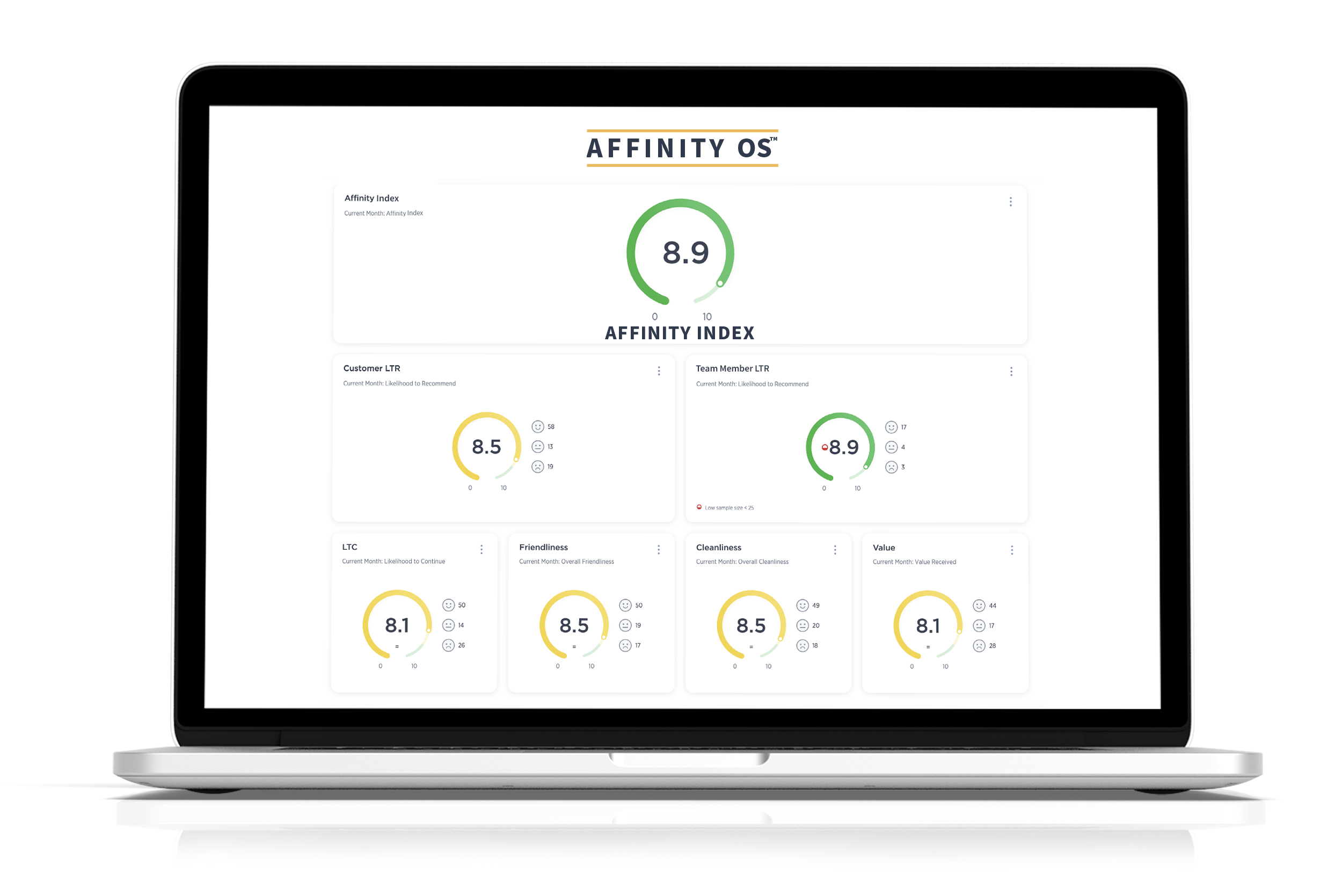 Interested in learning more about how to transform your organization’s approach to team member engagement and customer experience? Reach out to our team at
Interested in learning more about how to transform your organization’s approach to team member engagement and customer experience? Reach out to our team at 
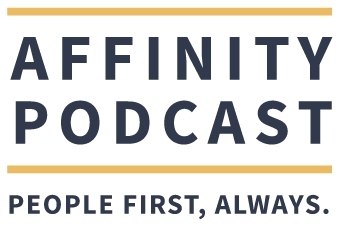




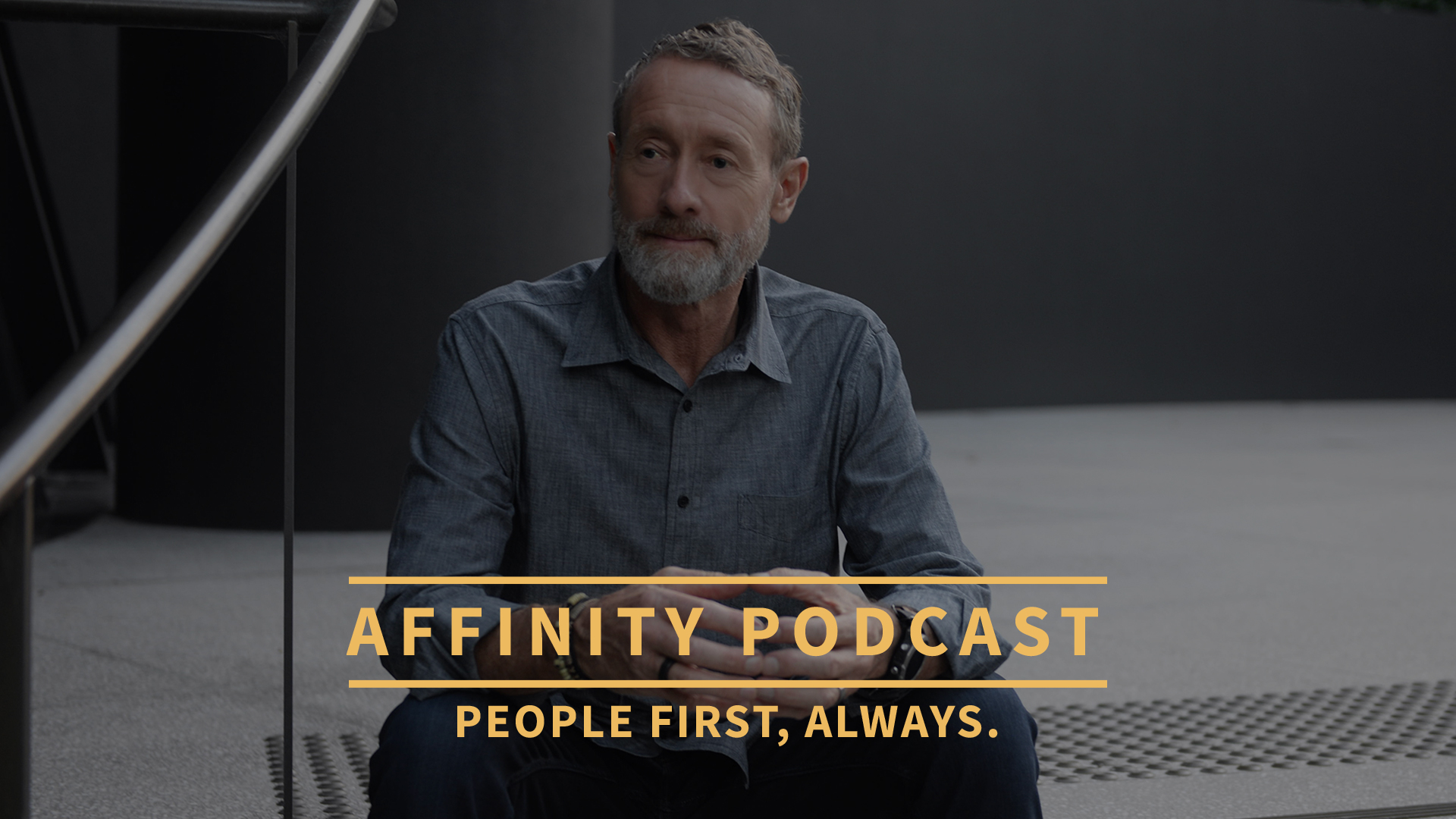



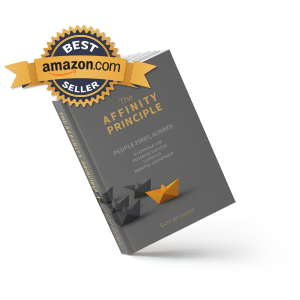



 Many years ago, I stole an idea from the San Francisco Bay Health Clubs. They had a suggestion box labeled “Catch Us Doing Something Right.”
Many years ago, I stole an idea from the San Francisco Bay Health Clubs. They had a suggestion box labeled “Catch Us Doing Something Right.”


 Interested in learning more about how to transform your organization’s approach to team member engagement and customer experience? Reach out to our team at
Interested in learning more about how to transform your organization’s approach to team member engagement and customer experience? Reach out to our team at 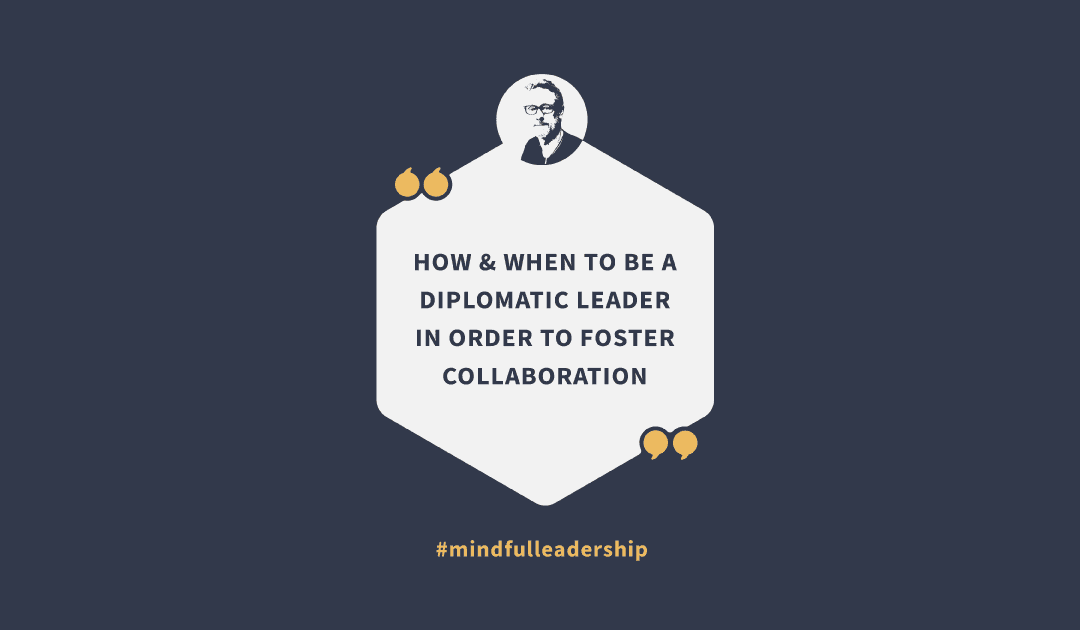
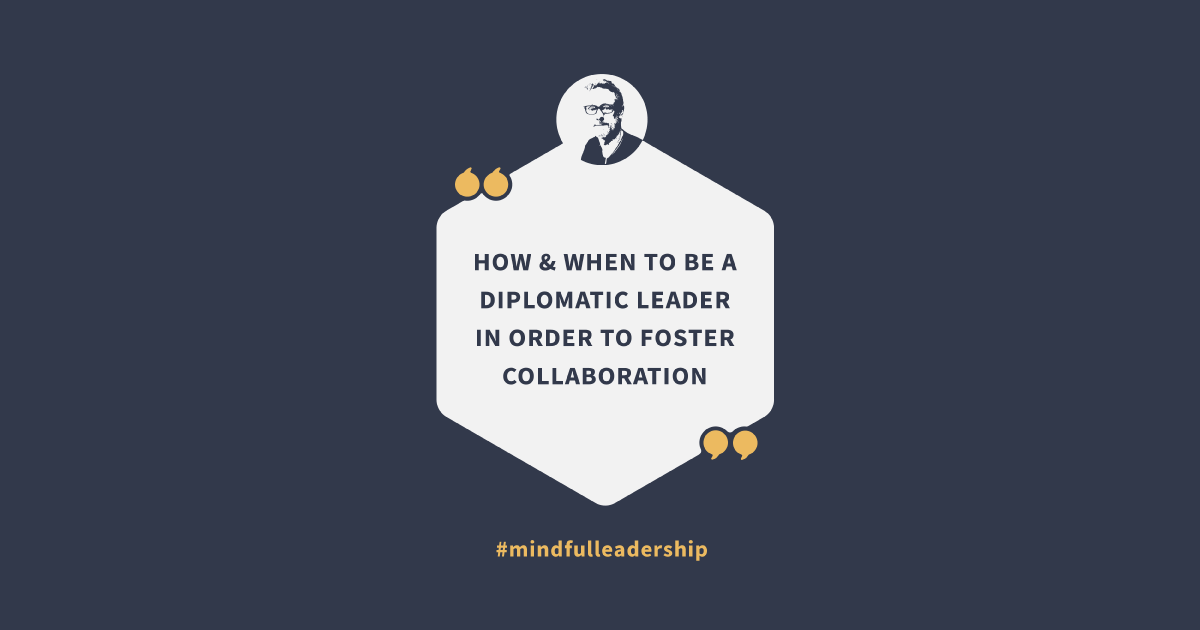
 By Grant Ian Gamble | August 26, 2020
By Grant Ian Gamble | August 26, 2020

